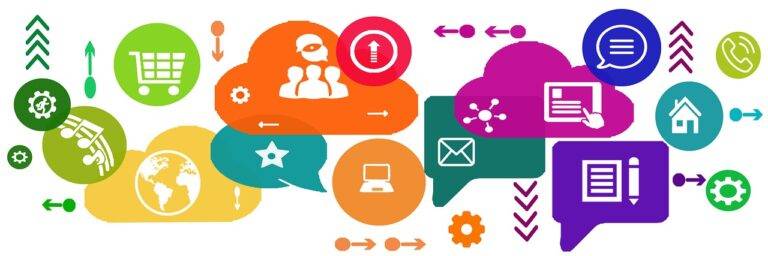The Role of Tech in Crisis Management
Effective crisis management is indispensable for organizations to navigate through challenging times. One of the key hurdles in crisis management is the rapid speed at which information spreads in the digital age. Misinformation can easily spiral out of control, making it crucial for organizations to quickly verify and communicate accurate information to the public.
Furthermore, another major challenge in crisis management is the unpredictable nature of crises. From natural disasters to technological failures, organizations must be prepared to handle a wide array of crises at any given moment. Being proactive in identifying potential risks and having a well-thought-out crisis management plan in place is essential to effectively responding to crises.
Utilizing Communication Technology for Crisis Response
When it comes to crisis response, the implementation of communication technology plays a pivotal role in streamlining operations and ensuring effective coordination among response teams. By leveraging various communication tools such as mobile apps, messaging platforms, and social media channels, organizations can disseminate crucial information swiftly and efficiently to all stakeholders involved in the crisis management process.
Moreover, communication technology enables real-time monitoring of developments during a crisis, allowing decision-makers to make data-driven decisions promptly and accurately. Through the integration of communication technology, responders can share updates, assign tasks, and collaborate seamlessly, resulting in a more coordinated and synchronized response effort.
The Impact of Artificial Intelligence in Crisis Management
Artificial Intelligence (AI) is revolutionizing crisis management by enabling faster and more accurate decision-making processes. AI systems can analyze vast amounts of data in real-time, providing valuable insights and predictions to help organizations respond effectively to crises. By automating tasks such as information gathering and risk assessment, AI technology frees up human resources to focus on critical aspects of crisis response and mitigation.
AI-powered tools, such as natural language processing and machine learning algorithms, can monitor social media platforms and news sources to detect early signs of a crisis. This proactive approach allows organizations to promptly identify potential threats and take preventive measures before a crisis escalates. Furthermore, AI can streamline communication processes during a crisis by generating automated responses, optimizing resource allocation, and facilitating coordination among response teams.





